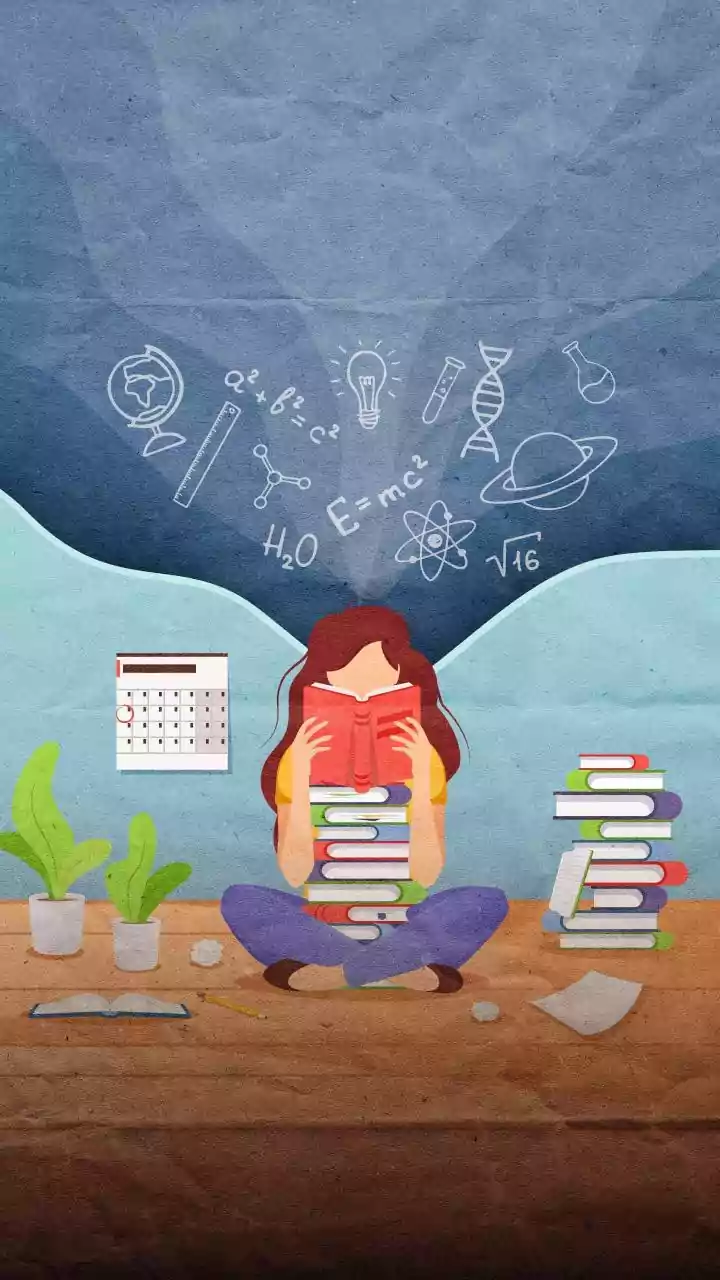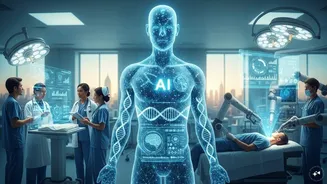The Essence of Learning
Education represents more than just the accumulation of facts; it is the comprehensive process of acquiring knowledge, skills, values, beliefs, and habits.
It encompasses a wide spectrum of learning opportunities, including formal schooling, vocational training, and informal experiences throughout life. The significance of education reaches beyond personal advancement, contributing to societal development, cultural enrichment, and economic prosperity. From preschool programs that emphasize early childhood development to adult education initiatives promoting lifelong learning, education adapts to evolving needs, creating opportunities for people of all ages to achieve their potential. Through education, individuals develop critical thinking, problem-solving abilities, and creative skills, empowering them to become informed, engaged citizens and active participants in an ever-changing world. It is a fundamental human right, providing individuals with the essential tools necessary to lead fulfilling lives and make meaningful contributions to their communities and beyond.
Educational Policy Frameworks
Educational policy establishes the rules and guidelines governing the educational systems. It includes several key components, such as curriculum design, assessment strategies, teacher training programs, and resource allocation. Government policies also address crucial issues such as access, equity, quality, and accountability in education. Educational policy goals may include improving literacy rates, enhancing vocational training, promoting digital literacy, and supporting students with special needs. Policymakers use several approaches, including regulations, funding mechanisms, and incentives, to promote specific educational results. Effective educational policies often involve collaboration between different groups, including educators, administrators, parents, community organizations, and government agencies. Moreover, educational policy is an evolving field, adapting to shifts in societal needs, technological advancements, and worldwide trends. Regular evaluations and revisions are necessary to guarantee that policies stay pertinent and successful in accomplishing their intended goals.
Curriculum Design & Development
Curriculum design is crucial to determining what students will learn and how they will learn it. Effective curricula are created to accommodate the various requirements of students, while incorporating national or regional standards, as well as emerging trends. Curriculum design procedures often include defining learning objectives, selecting content, formulating instructional strategies, and creating assessment methods. The content should be carefully chosen to ensure relevance and engagement for students. Educators should include a mix of teaching strategies, such as lectures, group activities, technology integration, and hands-on projects, to address different learning preferences and promote active engagement. Formative and summative evaluations are both crucial to curriculum evaluation. Formative assessments offer ongoing feedback and adjustments throughout the learning process. Conversely, summative assessments, such as tests and projects, evaluate student attainment at the end of a unit or course. Regular curriculum reviews and revisions are crucial to guarantee that educational programs continue to be current, engaging, and in line with evolving educational standards and student needs. The collaboration of teachers, administrators, and curriculum specialists is essential in designing successful and engaging curricula.
Teacher Training Importance
High-quality teacher training is critical to effective instruction, as it equips educators with the skills, knowledge, and abilities needed to succeed in the classroom. Teacher preparation programs often combine academic study with hands-on training, allowing aspiring teachers to develop their teaching expertise. Key aspects of teacher training include understanding student development, creating inclusive classroom settings, employing effective instructional techniques, and managing classrooms efficiently. Continuous professional development, such as workshops, conferences, and mentoring programs, is essential for teachers to remain current with pedagogical best practices, curriculum updates, and emerging educational technology. Encouraging and assisting teachers in their professional growth helps to boost their confidence, enhance their instructional abilities, and improve student outcomes. Teacher training programs are designed to meet the specific requirements of various educational levels and topic areas, with an emphasis on practical experience and practical application of educational concepts. Moreover, continuous assistance and feedback are crucial to assisting teachers in implementing new techniques and adjusting to changing educational environments, ensuring that educators stay equipped to inspire and support student success.
Education and Technology
Technology is becoming increasingly significant in education, providing new opportunities for teaching and learning. Digital tools and resources, such as interactive whiteboards, learning management systems, online databases, and educational apps, have changed the way educators teach and students learn. Technology promotes student engagement, personalized learning, and access to a broad variety of educational materials. Online courses, virtual classrooms, and blended learning models provide flexible learning options. The use of technology in education includes both possibilities and obstacles. It is critical for teachers to receive training on how to efficiently incorporate technology into their classes and to guarantee that students have equitable access to digital resources. Addressing issues like digital literacy, data privacy, and the responsible use of technology are also vital. Technology also provides methods for teachers to collaborate, share resources, and participate in professional development activities. As technology develops, so will the potential for education, which can greatly improve student learning outcomes and prepare students for success in the 21st century.
























